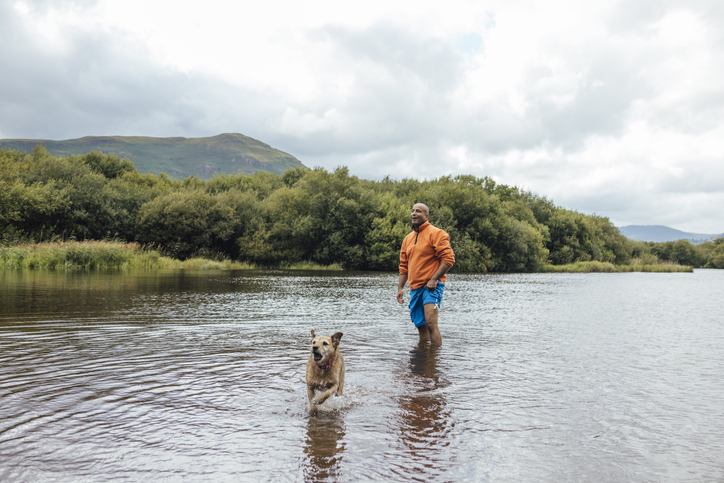Keen to go Green? Customer preferences and priorities for waste water solutions

With water companies having published their business plans for 2025 to 2030, much of the focus will be on how they propose to improve sewerage infrastructure.
People are paying more attention to the role nature-based solutions play in companies’ plans. These approaches maximise the use of the natural environment, which is particularly appealing given the concerns people have about climate change and river pollution.
We wanted to understand consumers’ views on the different types of solutions, and what is shaping these opinions. In exploring these questions, we have gained a clearer picture of people’s priorities, as well as what trade-offs they are willing to make when it comes to more nature-based approaches.
Some of the key findings include:
- The impact on their water bill is the most important factor for consumers when considering water solutions. When this is removed from the equation, the most important aspects become how long the solution will last, how long it takes to implement and its environmental impact.
- There is clear preference for solutions that have no or low financial impact on household water bills.
- There is also a preference for solutions that last a long time (20+ years) and take no more than 2 years to implement. Additionally, there is a preference for solutions that provide significant environmental benefits, cause minimal local disruption and have a positive effect on CO2 levels.
- When modelling solution options for both drainage/overflows and waste water treatment, the nature-based solution is the most supported (36% and 37% respectively). Next is the mixed solution (23% and 22% respectively), with a man-made solution only gaining minority support (5% for both).
- In the solution options modelled, nature-based solutions had a higher impact on the annual household water bill (£40) than the man-made and mixed solution options (£20 each). When testing support for nature-based solutions at different price points, consumers showed greater support for the nature-based solution over the mixed and man-made ones up to the price point of £60 – even when the man-made and mixed options retained the £20 price point.
- During the focus groups, people expressed a preference for natural solutions rather than man-made ones – especially in the context of climate change.
- The groups also revealed that nature-based solutions are appealing to consumers due to the very fact that they are not as reliant on man-made materials.
- Within the focus groups, concerns around trust in water companies and regulators was raised without prompting by participants. This had a bearing on their confidence in companies to deliver the solutions being discussed, and is something that companies need to take into account



